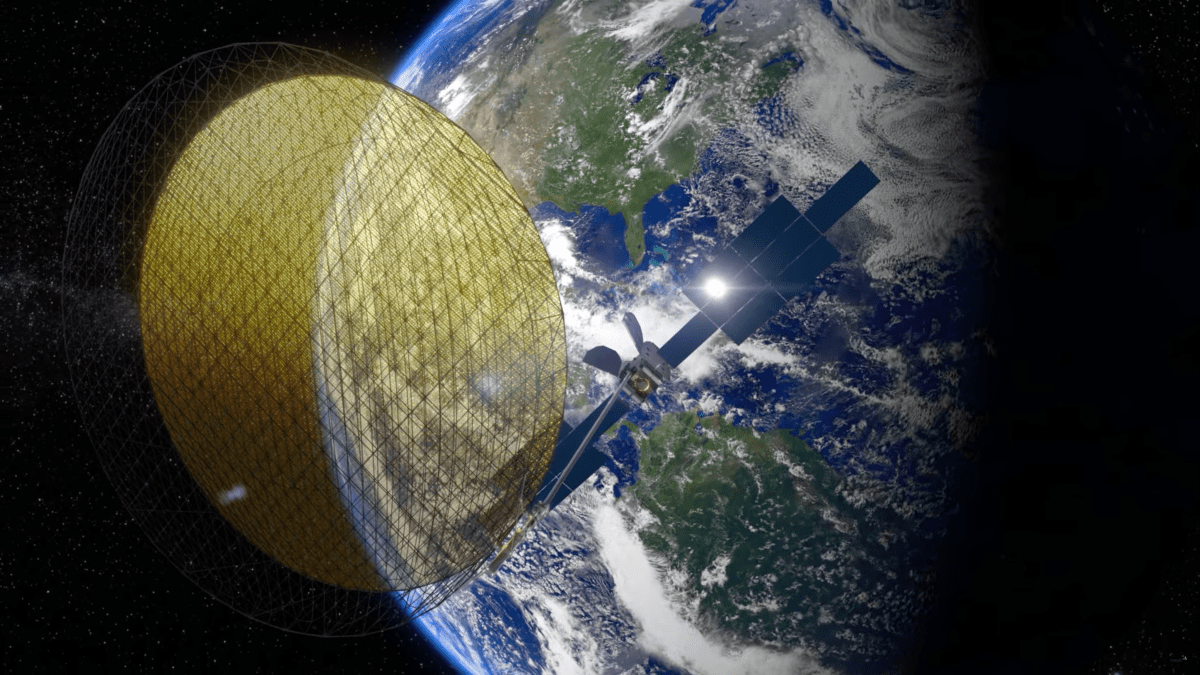TAMPA, Fla. — Indian insurance specialist Tata AIG is expanding into space as the global market reels from a string of heavy losses.
Tata AIG said May 13 it has started providing satellite in-orbit third-party liability insurance covering bodily injury and property damage, building on the 22-year-old company’s expertise in the aviation market.
Sushant Sarin, president of commercial business at Tata AIG, a joint venture between Indian conglomerate Tata Group and U.S.-based insurance firm American International Group (AIG) with more than 8,750 employees, said it is the first private insurer in India to offer satellite-based coverage.
“This innovative product caters to the growing needs of satellite manufacturers and operators in the Indian space sector, especially in the wake of recent solar storm that highlights the potential hazards faced by orbiting spacecraft,” Sarin said.
“We are confident that this will empower Indian satellite companies to operate with greater confidence and contribute to the nation’s spacefaring ambitions.”
Deepak Kumar, senior executive vice president, said Tata AIG will work with reinsurers internationally to offload risk.
Tata AIG plans to later provide first-party property damage coverage for satellite and launch vehicles during pre-launch, launch, and in-orbit operations.
There are around 189 startups in India developing space- businesses, according to Kumar, who is also head of reinsurance, credit and aviation insurance at the group.
“These new entrants in space economy are seeking financial risk mitigation tools to ensure sustainability of their operations,” he said via email.
“Tata AIG would be a natural partner to such startup companies.”
Turbulent times
Around $2 billion space insurance claims have been reported over the last 12 months across 20 incidents, according to Dubai-based underwriter Elseco, nearly 10% of the estimated $23 billion value of all insured assets in orbit.
Most of these events occurred in 2023, a harrowing year for the market that has raised questions about its capacity to cover future risks.
The failure of Viasat-3 and power issues affecting the first four SES O3b mPower satellites are among the most high-profile claims.
Insurance rates jumped as much as 100% for some space risks in the last three months of 2023 compared with the same period in 2022, Elseco chair and CEO Laurent Lemaire said.
Lemaire said rates continue to soar as roughly $1 billion in claims have come through since the start of this year.
Still, he said rates remain around 37% lower than in late 2002 after declining over the last few decades.
Tata AIG’s Kumar said: “While there have been few large losses in this segment, the Space Insurance market will work together to ensure continuity of coverages.”
Increasing space activity also increases demand for insurance, he added, bringing in more income and making the market more sustainable.
He pointed to how India has been relaxing foreign investment rules among other measures to seek a larger share of the global space economy, currently estimated at around 2%.
